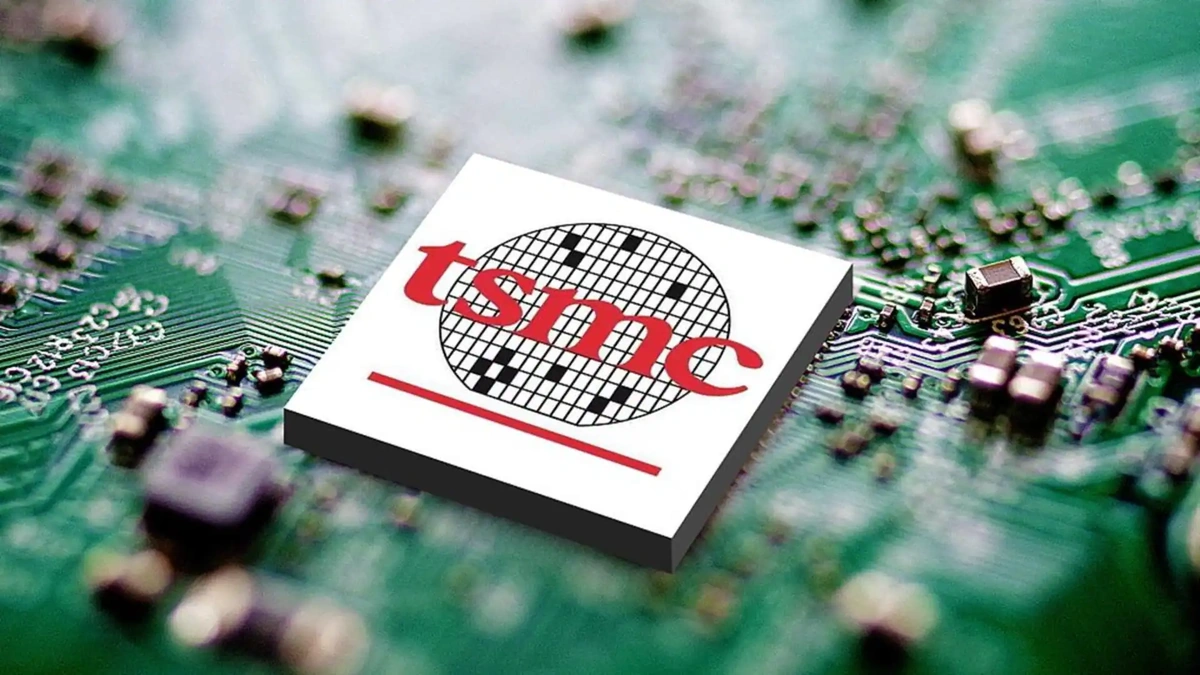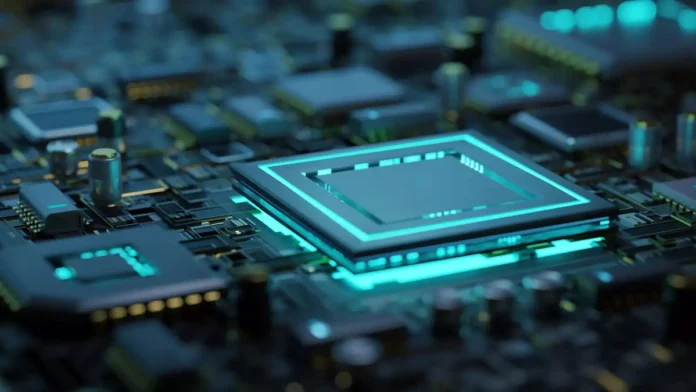Okay, so the Netherlands – yes, the land of tulips and windmills – is suddenly flexing some serious regulatory muscle. And against whom, you ask? A Chinese chipmaker . Sounds like a plot twist in a geopolitical thriller, right? Well, it’s real, and it’s happening now. Here’s the thing: it’s not just about one company; it’s a signal about the future of technology, global supply chains, and how nations are protecting their strategic interests. This isn’t just news; it’s a crucial development, especially if you’re in India, where the tech landscape is booming. Let’s dive into why this matters.
Why the Dutch Are Getting Tough on Chip Technology

The Netherlands, specifically through its export control regulations, is acting to control the flow of advanced semiconductor equipment . But why? Well, it boils down to national security and technological leadership. The Dutch have a giant in their corner: ASML, which produces some of the most advanced lithography systems in the world. These machines are essential for manufacturing cutting-edge chips. Control over who gets access to this technology is a powerful tool. And let’s be honest – everyone wants a piece of this pie. The fear, of course, is that this technology could be used for military applications or, more broadly, to give a strategic advantage to countries that might not share the same values. I initially thought this was just a one-off, but the implications are far reaching – influencing future policy.
What fascinates me is the use of emergency powers. It suggests the situation is urgent, and normal regulatory processes aren’t sufficient. This urgency could stem from several factors: pressure from allies (like the US), a specific threat, or a realization that existing laws weren’t robust enough to protect their tech. Whatever the reason, it’s a bold move that sends a clear message: the Netherlands is serious about protecting its intellectual property and strategic assets. And how does this apply to you? Well, if you’re in the semiconductor industry , you need to know about ASML:ASML.
The Impact on the Global Chip Supply Chain
The global chip supply chain is already incredibly complex and fragile. The pandemic exposed just how dependent we are on a few key players. This move by the Netherlands will likely add another layer of complexity. Companies relying on Chinese manufacturers for chips may need to rethink their strategies. This could lead to increased costs, longer lead times, or a push to diversify sourcing. For Indian companies, this presents both challenges and opportunities. On one hand, it could make it more difficult and expensive to acquire certain components. On the other hand, it could accelerate the push to develop domestic chip manufacturing capabilities. The Indian government has been actively promoting this through various incentives, and this situation might just give that effort an extra boost. Here’s a link about how Apple’s Vision Pro impacts the NBA .
Geopolitical Implications for India
India is in a unique position. It’s a major consumer of chips, with a rapidly growing electronics industry. It also has a strong relationship with both the US and the Netherlands. This means India can potentially play a mediating role, fostering dialogue and cooperation to ensure a stable and secure semiconductor supply chain . However, it also needs to be mindful of its own strategic interests. Relying too heavily on any one country or region for chips could leave it vulnerable. Investing in domestic semiconductor manufacturing and fostering partnerships with trusted allies is crucial. As per theMinistry of Electronics and Information Technology, the country has increased its investments in the sector.
Let me rephrase that for clarity: India needs to play its cards carefully. It needs to balance its relationships with different countries while prioritizing its own economic and security needs. This isn’t easy, but it’s essential for ensuring India’s continued growth and prosperity in the digital age. Consider checking out the Strava Garmin lawsuit for more examples.
The Future of Tech Regulation | A New Era?
This move by the Netherlands could be a sign of things to come. As technology becomes increasingly central to national power and security, we’re likely to see more countries using regulatory tools to protect their interests. This could lead to a more fragmented and complex global tech landscape. Companies will need to navigate a web of different regulations and compliance requirements. This also highlights the importance of international cooperation and the need for clear and consistent rules of the road. Without them, there’s a risk of escalating tensions and a race to the bottom. The truth is, India is at a crossroads. It can either be a passive observer or an active participant in shaping the future of tech regulation. The choice is ours.
But – and this is a big but – regulation also needs to be balanced with innovation. Overly strict rules could stifle creativity and slow down technological progress. Finding the right balance is the key. And that’s something that requires careful thought and ongoing dialogue between governments, industry, and other stakeholders.
The Broader Implications for Chinese Chipmakers
The specific Chinese chip manufacturer targeted by the Dutch action isn’t named in all reports, which adds a layer of mystery. But the implications are clear: Chinese companies involved in sensitive technologies are under increasing scrutiny. This is part of a broader trend of Western governments becoming more cautious about Chinese tech firms, particularly those with ties to the government or military. It’s not just about technology; it’s about trust, transparency, and ensuring fair competition. A common mistake I see people make is underestimating how much these decisions affect global trade policy.
FAQ Section
Frequently Asked Questions
What exactly are emergency powers in this context?
Emergency powers allow the Dutch government to bypass normal legislative procedures to quickly implement regulations deemed necessary for national security or economic stability.
Why is ASML so important?
ASML is the world’s leading supplier of lithography systems, essential for manufacturing advanced semiconductors . Without their machines, it’s virtually impossible to produce cutting-edge chips.
How will this affect the price of electronics in India?
Potentially, yes. If the cost of chips increases due to supply chain disruptions, that cost could be passed on to consumers in the form of higher prices for electronics.
What can Indian companies do to mitigate the risks?
Indian companies should diversify their sourcing, invest in domestic manufacturing capabilities , and build strong relationships with trusted suppliers.
Is this just about the Netherlands or are other countries involved?
While the Netherlands is taking the direct action, it’s likely influenced by pressure from allies like the US, who have also been taking steps to restrict China’s access to advanced technology.
Where can I learn more about India’s semiconductor policy?
You can find detailed information on the website of the Ministry of Electronics and Information Technology (MeitY).
So, there you have it. The Netherlands, a Chinese chipmaker , and a whole lot of geopolitical intrigue. It’s a complex situation with no easy answers. But one thing is clear: the future of technology is being shaped right now, and India needs to be ready.



